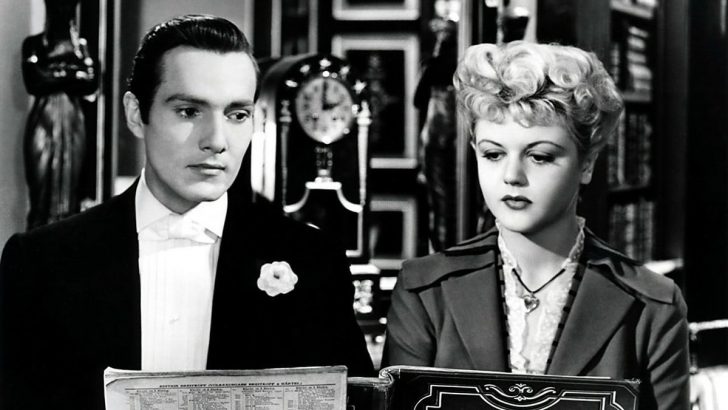While the new NPHET restrictions are of course necessary to get to the bottom of this whodunit we call Covid-19, they do raise the old questions of why the familiar fall guys (churches, cinemas, etc.) have again been targeted. Is the elephant in the room not the secondary schools? They opened in late August and that’s when the second surge started. As a former teacher I sympathise with those who feel they’re cannon fodder.
Meanwhile, us cinema-starved cinephiles go online again for our entertainment.
Having said that, there are advantages in watching films at home. You don’t have to queue in the rain, for instance. Or drink coffee that tastes like tar. Or pay amounts of money for refreshments that would get you a nice meal in a snazzy restaurant in Temple Bar. Or sit beside someone who’s got his elbow on your arm-rest and who keeps laughing inanely at unfunny jokes.
People tell us Covid-19 is an opportunity to get back to the real values. Maybe we’re going to too many films, or eating too many refreshments, or drinking too much coffee that tastes like tar.
You have more control over the process of watching a film at home than you have in a cinema. You can view it over and over again for one thing. You can pause it if you want to go out to the kitchen for a cuppa. You can fast forward through the boring bits. You can re-wind to see something you might have missed.
Soren Kierkegaard said we can only understand our lives backwards but we have to live them forwards – not if you have a remote, Soren.
There are religious films on Netflix and The Faith Channel as I mentioned some weeks ago. You can also order them on Amazon. I recently watched Ralph Thomas’ Conspiracy of Hearts (1961), a fine drama about a group of nuns sheltering young Jewish refugees in Italy during World War II.
Parable
You might also like The Picture of Dorian Gray. It has George Sanders, Hurd Hatfield and Angela Lansbury. All three excel. No doubt you know the story of Oscar Wilde’s intriguing parable. Gray sells his soul to the devil in exchange for eternal youth. There have been many re-makes over the years but for my money this 1945 version sits head and shoulders above them all.
Gregory Peck gives a bravura performance in Keys of the Kingdom (1944), John Stahl’s epic tale of a missionary priest sent to China to set up a Catholic parish there. It’s adapted from A. J. Cronin’s celebrated novel.
Ingmar Bergman’s The Seventh Seal (1957) is heavy going but if you’re up to it you’ll be rewarded. It features a knight returning home from the Crusades during the Black Death and ruminating on matters existential. The scene where he plays chess with the personification of death is iconic.
If Covid-19 has made you think about the big questions, this is one for you.


 Aubrey Malone
Aubrey Malone Hurd Hatfield and Angela Lansbury are superb in the classic
The Picture of Dorian Gray.
Hurd Hatfield and Angela Lansbury are superb in the classic
The Picture of Dorian Gray. 